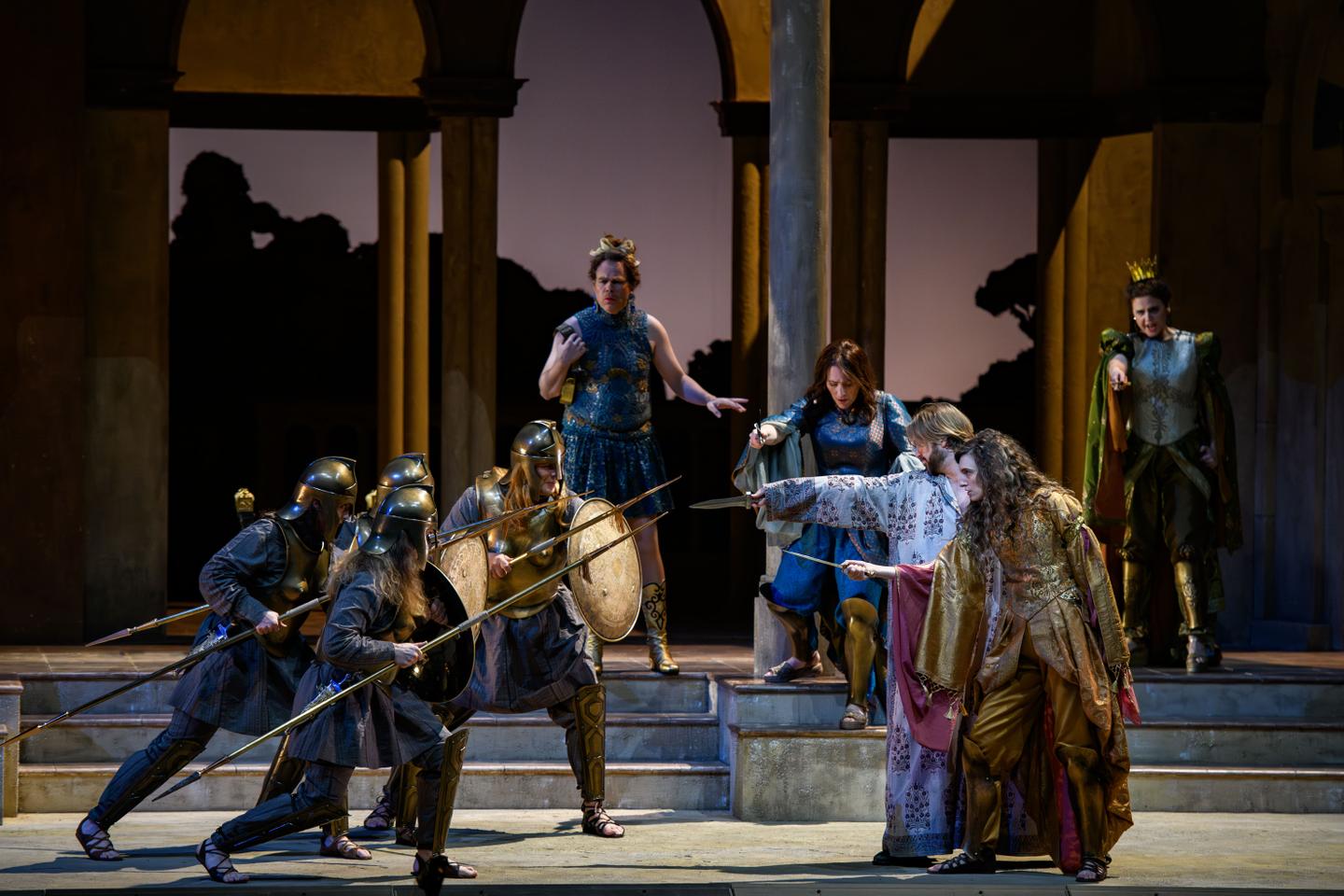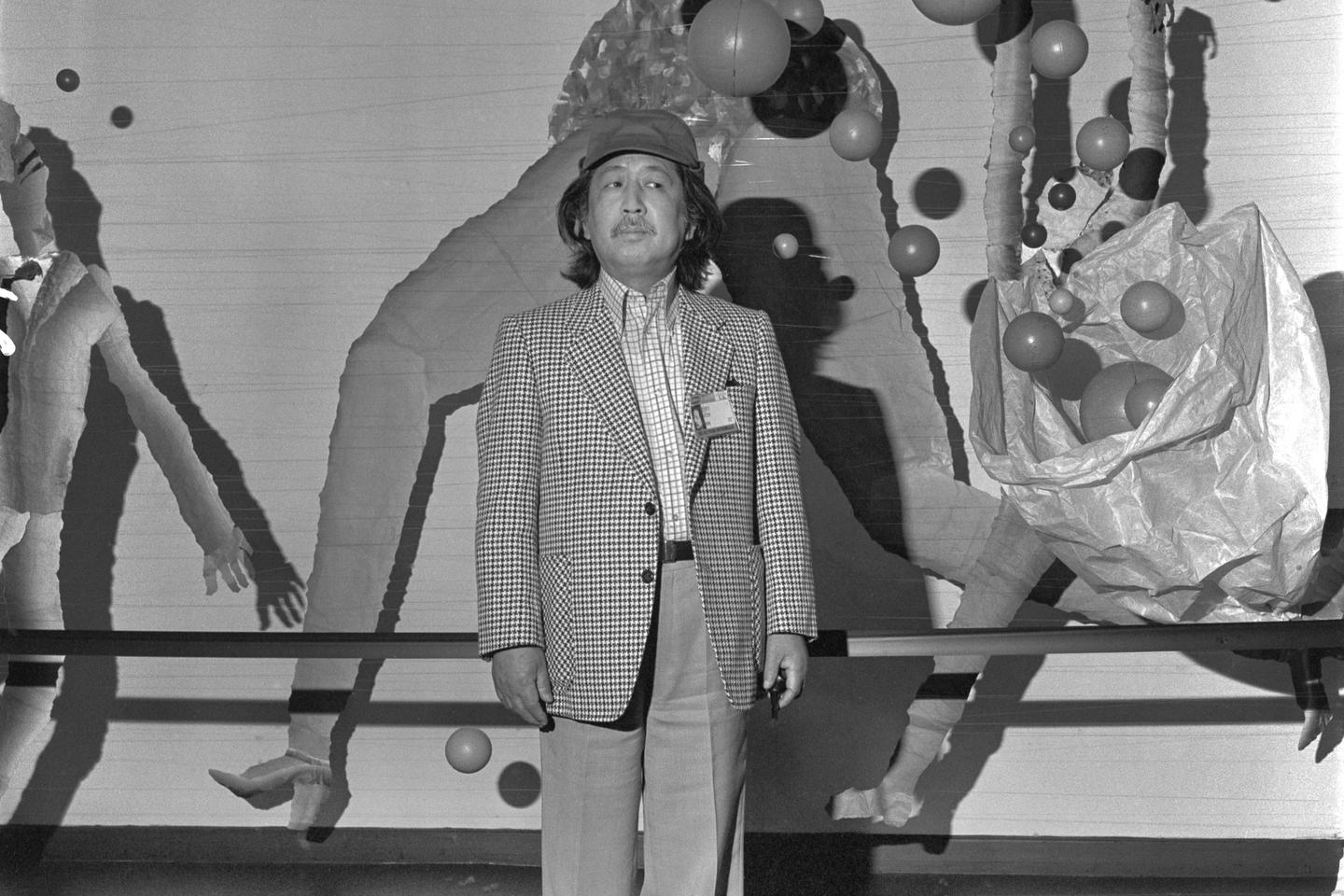

On November 7, the Dijon Opera opened the ball Feminine Uomothe opera buffa by Baldassare Galuppi (1706-1785) which was considered lost, until it was found (except for three missing areas) in 2006, in perfect condition, in the library of the Ajuda Palace, in Lisbon. The work has not been mounted in the scene since its creation at the Teatro San Moisè in Venice in 1762. The fact remains that its argument has something seductive, which imagines a reversal of the sexes, it is true more a pretext for situation comedy than a reflection on gender stereotypes , of which XXIe century made it one of his major concerns.
Two castaways land on an all-Mediterranean island, where a matriarchal order reigns that gives women, at the same time full powers, the masculine characteristics of virility and enjoyment of men’s bodies. Submissive, fragile and frivolous, on the contrary, they are struck by futility, preoccupied above all with their appearance (hairstyle, make-up, jewelry, wardrobe) and their seduction. A situation that obviously amazes our survivors in Bergamo, saved at the last moment by the confidants of Princess Cretidea, a sovereign as daring in war as she is in love. “Any object thrown up by waves” being “destined for the royal treasury”it is shameless that the sovereign prides herself on bedding the rebellious Roberto, much to the dismay of Cassandra, who falls in love with the knight at first sight, while Ramira sets her sights on her valet, Giannino.
The ingredients of discord gather, leading to anger, rivalries, betrayal and drama, all exacerbated by the jealousy of the queen’s favorite, Gelsomino, who rightly fears being replaced. A final twist revealing that Roberto and Cassandra are actually brother and sister will bring peace, while the queen, in order to marry Roberto, submits to the outsider’s patriarchal law. The reversal of the sexes has only strengthened the supremacy of men, at the end of a crisis that marks the defeat of women. And their reference to domesticity and birth.
A top musical cast
A subject potentially resonant with our modernity, a first-rate musical cast, a lyrical director offering his second opus: Feminine Uomo check all the boxes a priori. This means counting without the length of a score whose few Mozartian presciences (we raise our ears) are drowned in oceans of notes and zones of boredom (we put it back). It is not the fault of the performers. In the pit, Vincent Dumestre’s direction fires on all cylinders, animates the dance rhythms, juggles the timbres, dares poetic sonorities, like these two suspenseful songs accompanied by mandolin, which we hope may have inspired the famous serenade from the window of Don Giovanni by Mozart.
You still have 46.83% of this article to read. The rest is reserved for subscribers.





